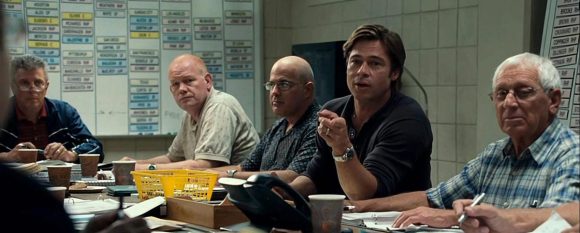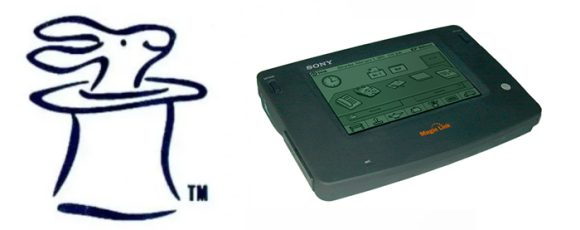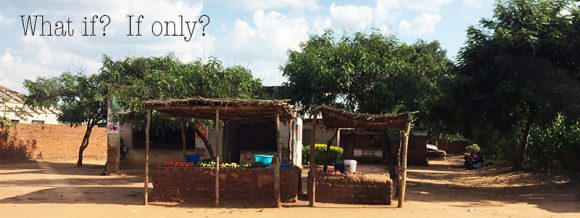
The selection criteria at Fledge, the conscious company accelerator are easy to explain. 1) Team, 2) Impact, and 3) Odds of success. The subtleties within each of these concepts and the whole selection process takes a bit more explanation:
1. Team
Unlike most of the other accelerators focused on social good, Fledge is behind the scenes, a for-profit impact investment fund. We invest in every company invited into our program. We expect every one of our fledglings to succeed.
Great ideas nor great products do not succeed alone. To succeed, you need to put together all the pieces of entrepreneurship: product, marketing, sales, funding, communications, and leadership. That is more to know and more to do than most any one person can do alone. Putting together all those pieces requires a strong team.
The team’s knowledge and experience is also not sufficient. What we typically see from applicants are entrepreneurs passionate about solving some problem. Passion is a key indicator of success for conscious entrepreneurs. How long has the entrepreneur been thinking about the problem? What have they been doing to solve it? How much have they struggled so far to find a solution and will they ever give up trying?
2. Impact
Fledge exists to help mission-driven entrepreneurs fulfill their missions. We don’t limit the sectors of impact or geographic focus of those impacts. We do like to see plans that have a potential to make change on a planetary-scale, but we’ve invited plenty of companies that will improve a single city.
The key descriptive phrase is that all fledglings make the world a better place. Or when screening applicants, this gets flipped around to the question, “Is the world significantly better if this company exists?”
3. Odds of success
Fledge uses a unique revenue-based equity investment structure to invest in each fledgling. In short, Fledge purchases a small number of shares from each company. The company then uses 4% of future revenues to repurchase most of those shares back from Fledge. The numbers can vary, but in general, we aim for $2 million in total revenues before Fledge’s shares are all repurchased. This structure has the benefit that both the entrepreneurs and Fledge are focused on revenues, not selling the company to the highest bidder.
In terms of selecting applicants, this investment structure creates the question of, “What are the odds that this company will earn $2 million in revenues, and if so, how long might that take?”
With the revenue-based investment, applicants must have some means of earning revenues. That eliminates quite a few impactful ideas, which are better tackled by nonprofit organizations. The amount of potential revenues needs to be in the millions of dollars. We see a surprising number of applicants with small ideas that would take a decade or longer to earn that much revenue.
Other factors included in the “odds” are: the scale of funding needed to reach $2 million in revenues, the complexity of the business model, and the competitive landscape.
The screening process
Fledglings are always invited to participate in batches, typically seven at a time. Applications are accepted at any time during the year, but screening is limited to the month before and after an application deadline. During this process, every application is reviewed. Follow-up questions are sent to help tease out the details of the plans. Preliminary ratings are assigned each applicant. The top third of the pool are interviewed over Hangout or Skype or in-person. Multiple opinions are gathered from the Fledge mentor network, tapping into expertise matching an applicants target market.
This whole process is completed within 30 days of the application deadline.
Mathematically modeled
The very last step of screening uses a mathematical model. All of the above information is boiled down into numerical ratings of the three main factors and four sub-factors. These values are are sent through a spreadsheet which weights each rating to create a single, final score.
All that said, we do look at the results before blindly sending invitations to the top seven applicants on the list. But as we created the weights during the screening for the third session of Fledge, they’ve exactly matches our intuitive rankings.
Homelessness, Poverty, Cleantech, Fintech, South America, and Africa
Lastly, there are a few big problems of the world that we want to see addressed and areas of the world we would love to work with:
- We want to see solutions that help the homeless. Fledge’s offices are in the Pioneer Square neighborhood of Seattle, the center for homeless services. As much as the city and county help these people, we suspect there are solutions yet to be tried which can do much more.
- We want to see solutions that address poverty. Poverty is a global issue. At one end, where are the businesses that put the billions of people living on $2/day (or less) to work? At the other end, where are the conscious replacements for payday lending?
- We want more applicants in cleantech. Send us your crazy ideas for renewable energy, green replacements for chemicals, etc.
- We want more applicants in conscious fintech. The financial sector is about as unconscious and greed-oriented as can be. Send us your ideas on how to bring impact to finance.
- We’ve received applications from over 50 different countries, but so far none from South America have made it into the top seven. And while we have a half dozen fledglings doing business in East Africa, for some reason we’ve yet to invite any applicants from West Africa.
Applicants that match these areas get a a boost in their ratings.
Applications are open!
Applications are open now for Fledge6. See apply.fledge.co for details.














